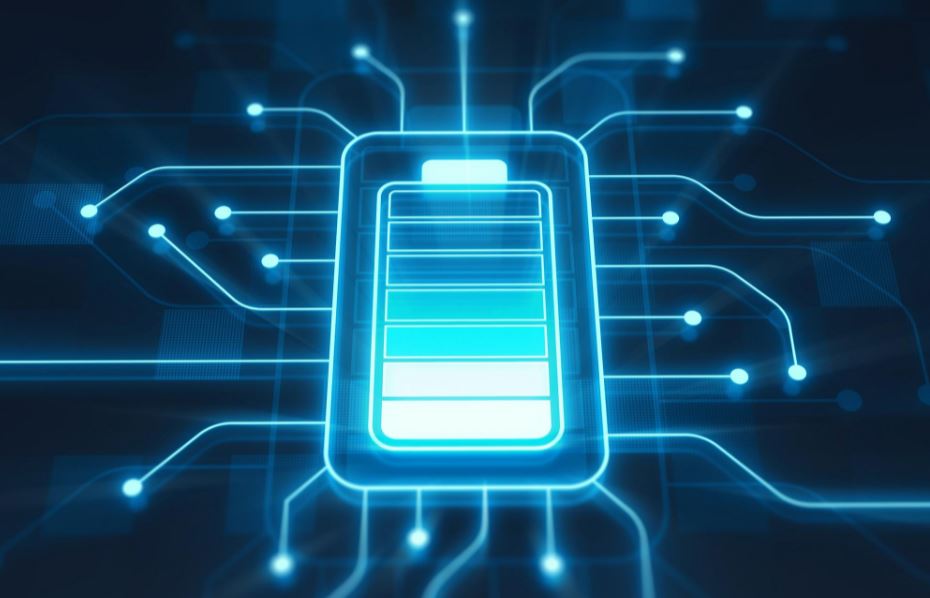Scientists around the world are functioning to shift from the liquids used in the batteries to lithium-ion batteries with strong energy supplies.
Researchers at Brown College and the College of Maryland have invented new supplies of long durable batteries with extra energy, derivative from timber trees.
The journal Nature revealed the research that establishes a strong ion conductor that mixes copper with cellulose nanofibrils (a polymer tube derived from wooden). It can be used as an electrolyte for strong-state batteries or as an ionic conductive binder for the cathode of all-strong-state batteries.
“By incorporating copper into one-dimensional cellulose nanofibrils, we’ve got demonstrated that usually ion-insulating cellulose supplies sooner lithium-ion transport inside polymer chains,” stated Professor Liangbing Hu of the College of Maryland’s School of Supplies Science and Engineering. Says. .. “The truth is, we discovered that this ionic conductor achieved document excessive ionic conductivity of all strong polyelectrolytes.”
Lithium-ion batteries have been used in cell phones to cars, such batteries have electrolytes formed from lithium salts melted in liquid natural solvents. The work of the electrolyte is to conduct lithium ions between the cathode and the anode of the battery.
However, the materials familiarised in this research are thin and adaptable as a chunk of paper. And its ionic conductivity is equal to that of ceramics.
“Lithium ions journey inside this natural strong electrolyte by means of mechanisms generally present in inorganic ceramics, enabling document excessive ionic conductivity,” says Senior researchers at Brown, Qi. “By utilizing supplies offered by nature, we will scale back the general environmental influence of battery manufacturing.”
The researchers are hoping that new supplies might be a step in the right direction of bringing all-strong-state batteries to the market for everyday use.





















